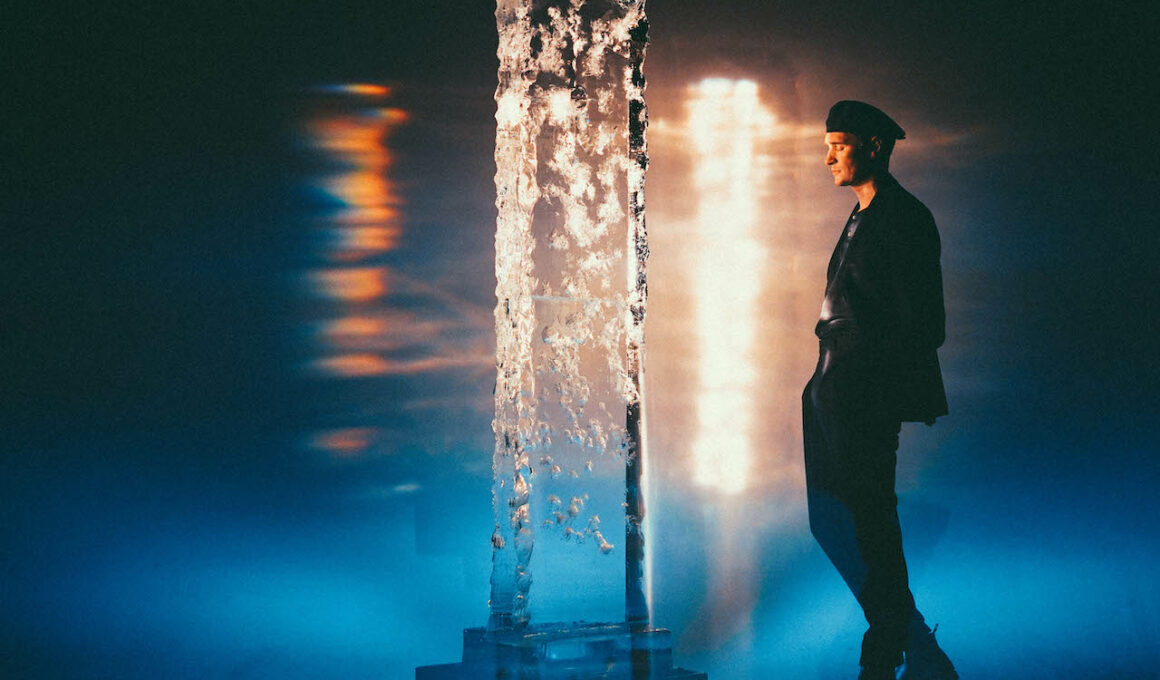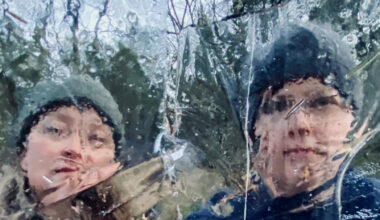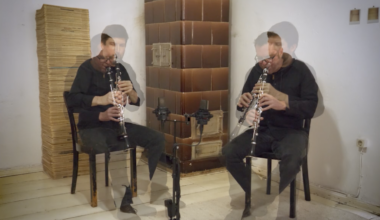Erland Cooper is a Scottish composer, producer and multi-instrumentalist originally from Stromness, Orkney. As a solo artist, he has released three acclaimed studio albums, with four additional companion albums and multiple EP’s, including a trilogy of work inspired by his childhood home, as well as themes of nature, people, place and time.
His work combines field recordings with traditional orchestration and contemporary electronic elements. Through music, words and cinematography he explores landscape, memory and identity. He develops these themes further by partnering with other artists, writers and poets. Cooper also works across mixed media projects including installation art, theatre and film. Cooper was commissioned to create the original music to soundtrack the Superbloom installation at the Tower of London celebrating The Queen’s Platinum Jubilee. He’s widely known for burying the only existing copy of the master tape of his first classical album in Scotland, deleting all digital files and leaving only a treasure hunt of clues for fans and his record label alike to search for it. The tape has recently been found.
FACTS
1. Waste less
2. Value more
3. Celebrate and cherish
QUESTIONS
1. What is the biggest inspiration for your music?
I grew up on a remote island in the North Sea where traditional Scottish folk music was prominent. As a teenager, I quietly protested this by working alone in music rooms at school. While my peers played football, I was hiding in classrooms, learning how to record and play instruments in solitude. I’ve remained autodidact but that solitude has opened into many collaborations.
2. How and when did you get into making music?
I grew up on a remote island in the North Sea where traditional Scottish folk music was prominent. As a teenager, I quietly protested this by working alone in music rooms at school. While my peers played football, I was hiding in classrooms, learning how to record and play instruments in solitude. I’ve remained autodidact but that solitude has opened into many collaborations.
3. What are 5 of your favourite albums of all time?
Bert Jansch – Bert Jansch 1965
Still Way – Satoshi Ashikawa
Prati Bagnati Del Monet Analogo – Raul Lovisoni, Franceseco Messina
Arrival – Jóhann Gunnar Jóhannsson
Monks Dream – Thelonious Monk
4. What do you associate with Berlin?
Collaboration, contemporary art and music.
5. What’s your favourite place in your town?
In Stromness, Orkney, starlings roost under a lifeboat pier. At dusk, the sound echoes around the harbour, like a forest canopy.
6. If there was no music in the world, what would you do instead?
Write, read, walk, hold conversation.
7. What was the last record/music you bought?
Music For Open Spaces – Marta Salogni, Tom Relleen
8. Who would you most like to collaborate with?
Daniel Pioro, 12 Ensemble, Echo Collective
9. What was your best gig (as performer or spectator)?
I performed in a RSPB wetlands centre as Greylag geese flow over head. It was as much a celebration of the natural world as a dawn chorus.
10. How important is technology to your creative process?
There are many tools in a tool-box when doing practical work. In my work, technology is one such tool – a different screwdriver for a different screw.
11. Please tell us, what the audience can expect from your album “Folded Landscapes”, which you will present in Berlin?
I hope an audience will be rewarded for their patience from a glacial accent by a slowly thawing, burning hope.


